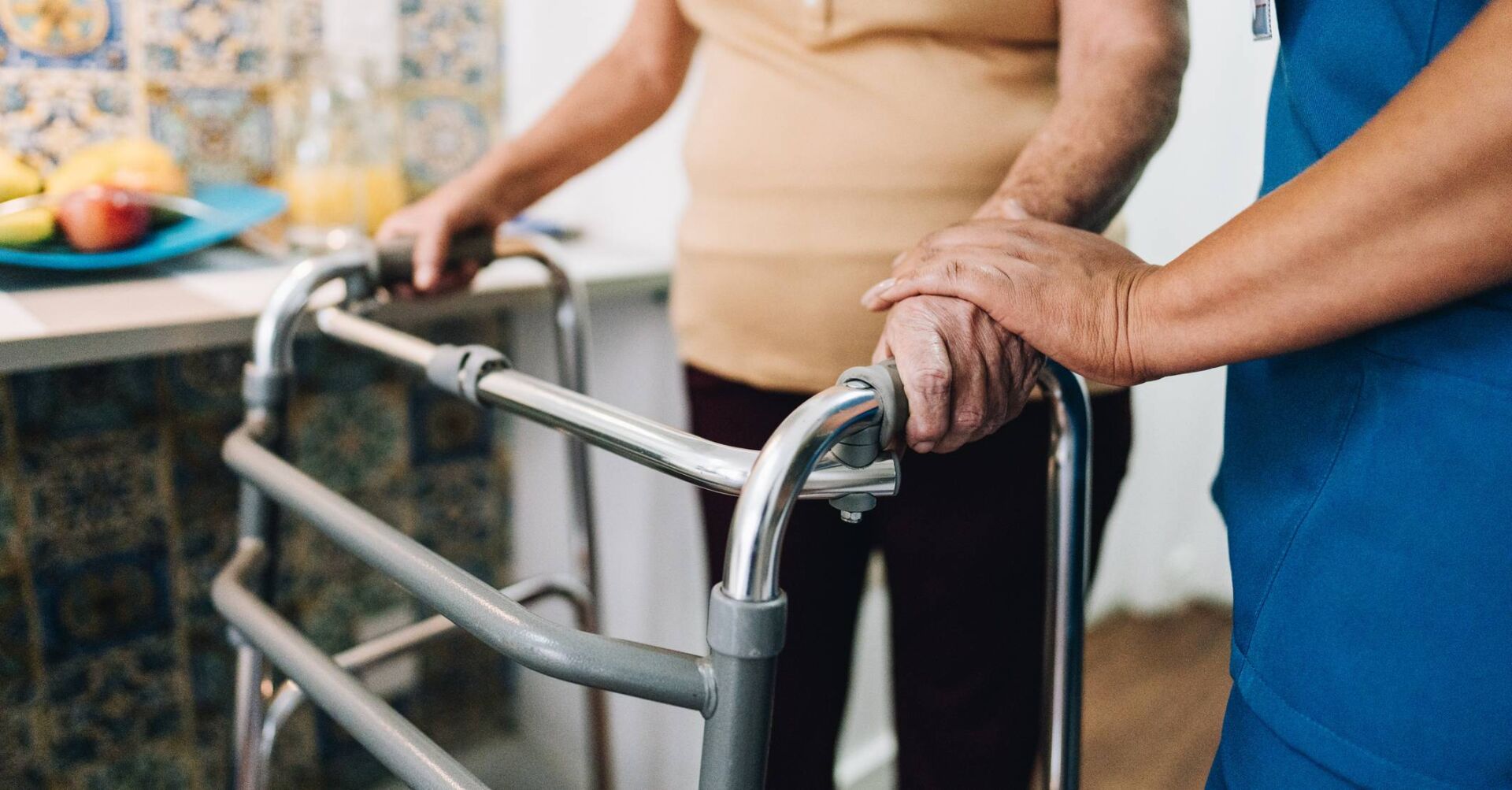General practice nurses (GPNs) are being ‘put to one side’ while other professionals employed under the Additional Roles Reimbursement Scheme (ARRS) are doing the work they used to do, an exclusive Nursing in Practice conference has heard.
Chief executive of the Queen’s Nursing Institute (QNI) Dr Crystal Oldman was speaking at the Nursing in Practice London conference today when she discussed the ‘unintended consequences’ of the ARRS scheme on the general practice nursing workforce.
She also said the role of GPNs was ‘understated’ and recognised challenges around ‘the voice’ of the profession.
Introduced in 2019, the ARRS enables primary care networks to claim salary reimbursements for some roles, including nursing associates and advanced nurse practitioners.
The scheme does not currently cover GPNs, but as part of the 2024/25 GP contract arrangements an ‘enhanced level’ practice nurse role is set to be added to the scheme – a position understood to be carried out by an experienced GPN with postgraduate qualifications.
A report by the QNI’s International Community Nursing Observatory (ICNO) recently warned of GPNs feeling ‘pushed out’ and at risk of ‘disappearing’ because of ARRS.
Specifically, concerns have been raised that GPNs are being expected to provide education and supervision for ARRS staff – namely nursing associates – and in many cases, for less pay.
Speaking today, Dr Oldman said it had received some ‘good responses’ from the government to this report.
But she warned there were ‘still some unintended consequences for the general practice nurse workforce, when other professionals can have their salary and on costs fully paid but a nurse can’t’.
Dr Oldman added: ‘Nurses are being put to one side, while other professionals are doing the job that you used to do.’
As an example, she pointed to pharmacists in some practices who had been ‘deployed to undertake long-term conditions clinics’.
‘And guess what, at the end of the medicines review they then say “well, I can’t manage anything else, you’ll have to go and see the nurse”,’ she added.
‘Exploitation’ of nursing associates
In addition, Dr Oldman pointed to the QNI’s recent position statement on the ‘safe and effective deployment’ of nursing associates.
The statement followed serious concerns from GPNs about the ‘potentially unsafe’ use of the role in general practice, Dr Oldman said today, including examples of nursing associates working with patients unsupervised.
‘We don’t normally do position statements, but this is really serious stuff,’ she told a room of GPN and community nursing delegates this morning.
‘We were really worried that nobody was talking about it, and this is a patient safety issue.’
She added: ‘General practice is quite risky. And then we put our least qualified, alone, with patients potentially unsupervised, giving childhood immunisations, without supervision.
‘This is genuinely exploitation of our nursing associate colleagues.’
The QNI had received ‘nothing but positive feedback’ following the position statement, Dr Oldman said.
This included responses from nursing associates who thanked the QNI and had said ‘it’s really hard to tell my employer I shouldn’t be doing this’, she noted.
Practice managers had also responded to the statement saying ‘thank you, I didn’t really know what to do with our nursing associates. I thought they were on the register – so kind of like the same as a nurse’, said Dr Oldman.
Going forwards, the QNI is teaming up with the Royal College of General Practitioners to ‘work on some guidance for employers on the safe and effective deployment of nursing associates’.
‘I hope that you will agree that that’s a helpful thing to do, certainly have a national agreement,’ she added.
The Nursing in Practice London conference is being held today at the Novotel London West and is hearing from leaders across primary and community care.







